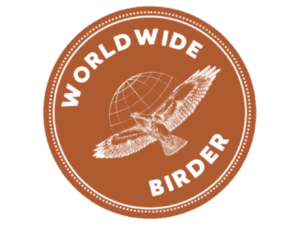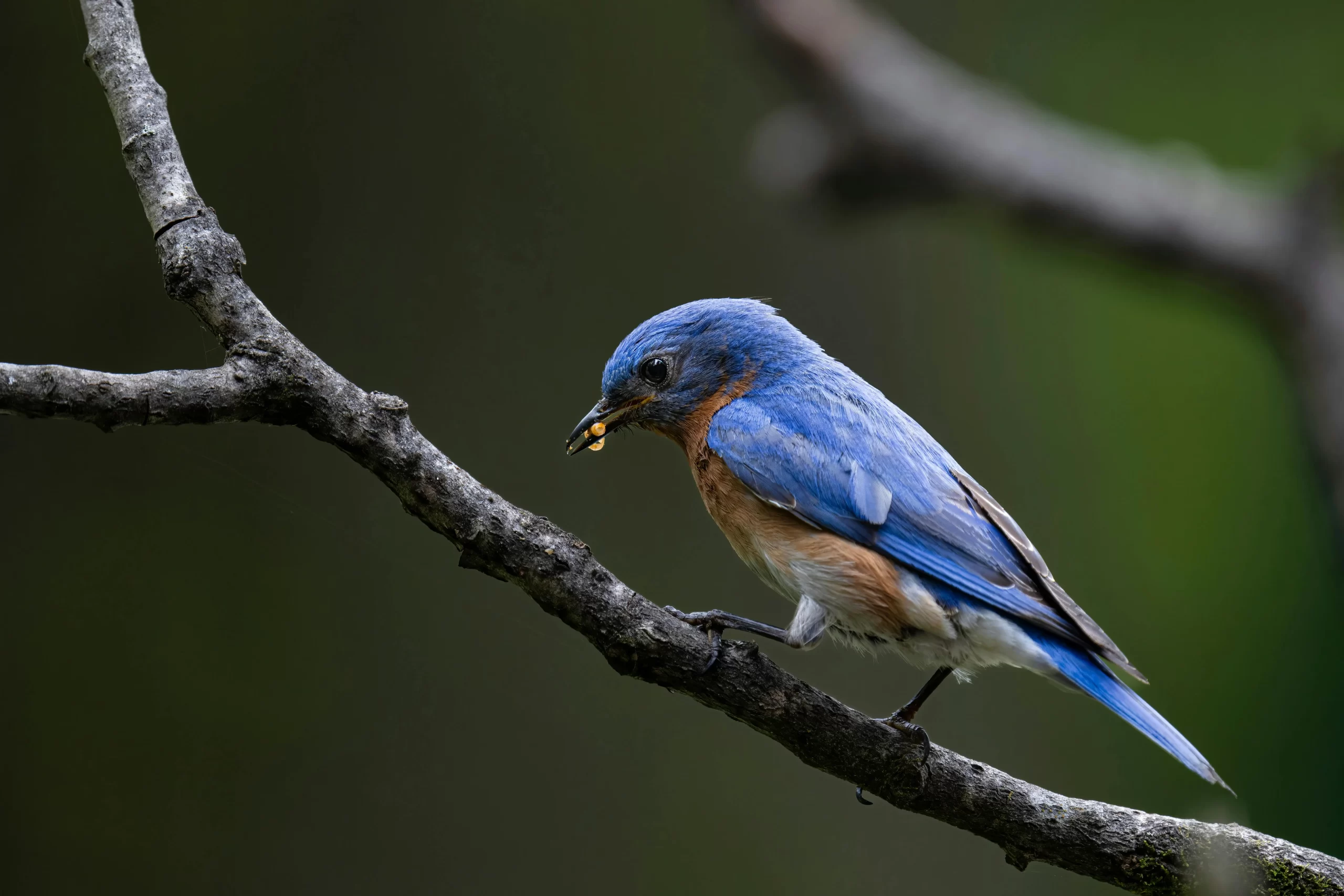Bluebirds are a special, small group of three bird species that are beloved by many in North America. These dazzling small blue birds nest in birdhouses and wow people with their stunning colors. Naturally, many wish to know about a typical bluebird diet so they can attract these birds. So, what do bluebirds eat?
Well, I will share the answer to this question and much more in this article. I’ll even tell you how to attract bluebirds to your property. Without further ado, let’s learn about bluebird food!
Table of Contents
What Do Bluebirds Eat at Feeders?
We will begin by discussing what bluebirds eat when they visit bird feeders. Indeed, many will know that bluebirds occasionally stop by these common fixtures in the yards of birders. However, what bluebirds eat at bird feeders is not well known by many. So, what do bluebirds eat at feeders?
Well, unlike most birds that visit bird feeders, bluebirds do not typically eat seeds. Therefore, don’t expect to host any bluebirds if you merely offer an assortment of seeds at your feeders. Instead, providing treats such as mealworms will be much more effective at attracting bluebirds.
Indeed, selecting a mealworm feeder for bluebirds will offer a great chance to observe these colorful birds, so adding one to your backyard could be a great decision if you’re wondering how to attract bluebirds.
What Do Bluebirds Eat?
You may have an idea of what bluebirds eat if you’ve read the article to this point, but let’s review a standard bluebird diet before we get further. What do bluebirds eat?
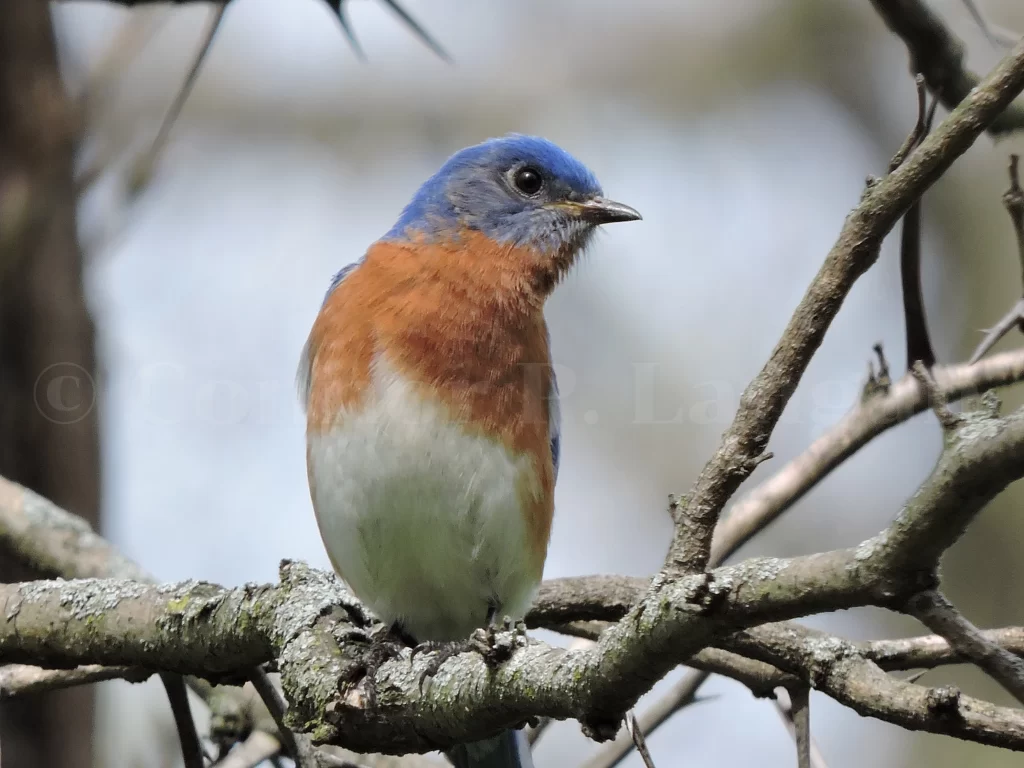
The vast majority of a bluebird diet is made up of invertebrates and fruits. In other words, bluebirds primarily eat bugs and native fruits, with insects making up the vast majority of their diets during the breeding season.
Although insects and fruits are the dominant bluebird foods, these songbirds may eat additional foods. Therefore, let’s examine some of the other things that bluebirds may like to eat.
Do Bluebirds Eat Mice?
It may seem unfathomable that a bluebird could consume a mouse. After all, despite the small size of mice, these mammals would still be a huge meal for a bluebird. Nevertheless, this topic deserves some exploration. So, do bluebirds eat mice?
No, mice are–unsurprisingly–not eaten by bluebirds. At least, bluebirds do not regularly consume mice, as they’re simply too big for these songbirds to handle.
However, there has been at least one credible account of a bluebird eating a shrew. Given that shrews are small mammals that are roughly the same size as many mice, a bluebird could possibly eat a mouse. Alas, there aren’t any credible accounts of bluebirds eating mice, so mice are certainly not staples in a bluebird diet.
Do Bluebirds Eat Mosquitoes?
Mosquitoes are a pesky presence in the yards of millions in North America, so landowners are always curious to know what animals kill these bugs. Do bluebirds eat mosquitoes?
No, bluebirds do not tend to eat mosquitoes. If you recall that bluebirds primarily eat insects, then you’ll be surprised to know that mosquitoes are not on the menu for bluebirds. However, bluebirds usually eat bugs that are on or near the ground, meaning they don’t bother to chase after flying insects – a habit that is better suited for birds like Barn Swallows.
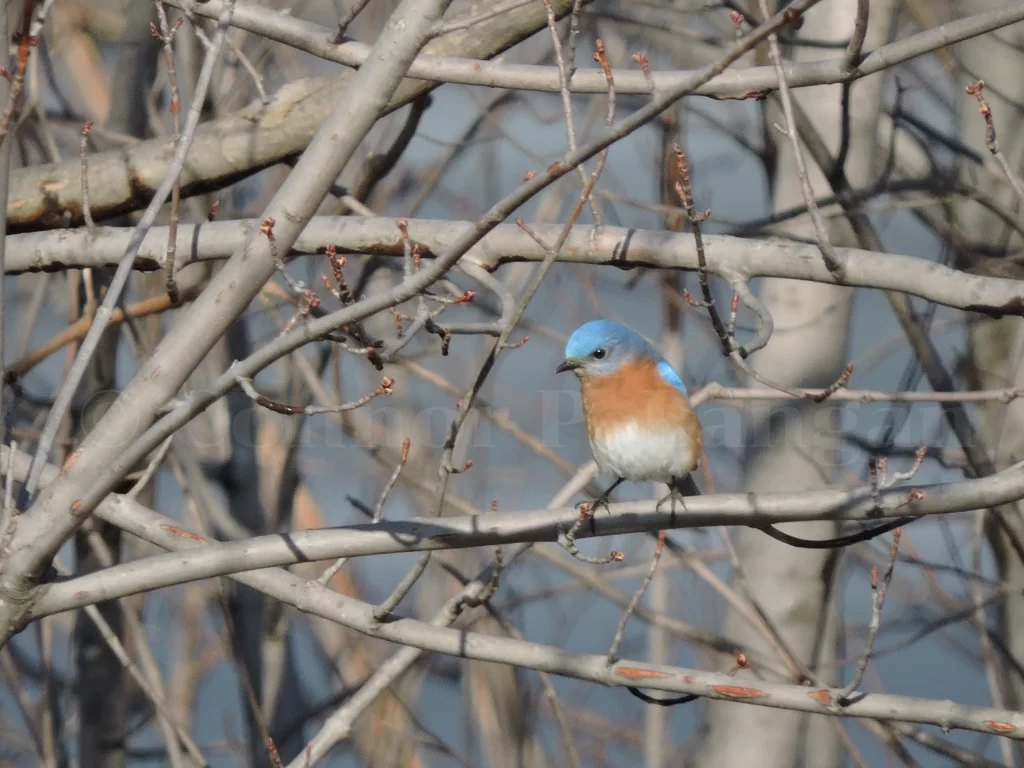
Much like hummingbirds, bluebirds may occasionally eat mosquitoes, but these irritating insects are typically not bluebird food.
Do Bluebirds Eat Corn?
Corn is an abundant filler in many varieties of birdseed. Yes, birds like House Sparrows love to eat corn, but many songbirds that visit bird feeders do not enjoy corn. Instead, corn is usually discarded to the ground where it is eaten by blackbirds and squirrels. Now, it’s worth knowing if corn is something that bluebirds enjoy eating. Do bluebirds eat corn?
No, bluebirds do not eat corn. Corn is a food that would not provide any nutrients to bluebirds. Moreover, bluebirds do not have bills that are suited for cracking kernels or corn, so they would struggle to consume such food. Ultimately, if you want to know how to attract bluebirds, know that offering corn is not a recipe for success.
What Kind of Fruit Do Bluebirds Eat?
Although bluebirds eat far more insects than fruits when insects are available, fruits are an important part of a bluebird’s diet. Considering this, what kind of fruit do bluebirds eat?
Bluebirds are fond of a wide array of fruits. Indeed, these birds will consume both wild and cultivated fruits. Some of the fruits that bluebirds enjoy eating include:
• Winterberry
• Chokecherry
• Elderberry
• Blackberry
• Raspberry
• Sumac berries
• Cedar berries
• Grapes
• Serviceberry
Do Bluebirds Eat Blueberries?
Those who ask, “What do bluebirds eat?” will doubtlessly be curious about whether bluebirds eat blueberries. After all, it would seem entirely appropriate that bluebirds would eat a fruit that is just as blue as them. So, do bluebirds eat blueberries?
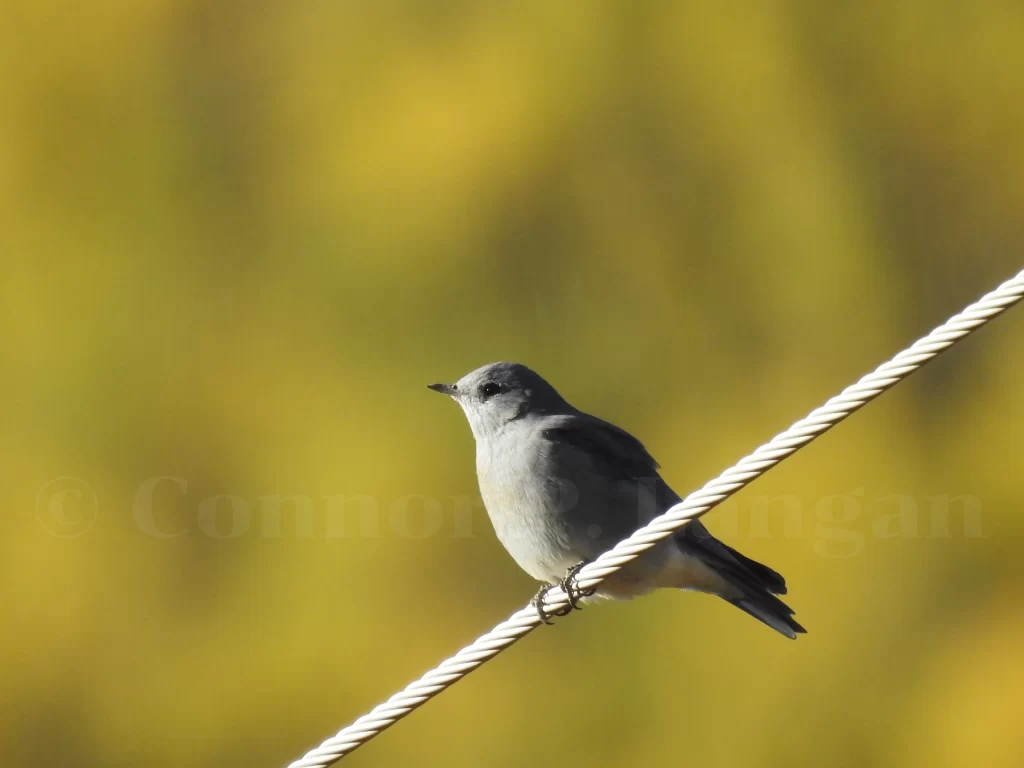
Yes, bluebirds do eat blueberries! Blueberries are among the favorite fruits of these songbirds, so those who wish to know how to attract bluebirds can try to offer blueberries along with other berries from the previously mentioned list.
Do Bluebirds Eat Safflower Seeds?
Safflower seeds are a favorite for birds such as cardinals and grosbeaks, and they’re often recommended for those looking to keep away undesirable birds like House Sparrows and blackbirds. However, many wonder if bluebirds can consume these treats. Can bluebirds eat safflower seeds?
No, bluebirds cannot eat safflower seeds! Remember, a bluebird’s bill excels at capturing insects rather than cracking and consuming seeds. Although safflower seeds may be tasty for some birds, bluebirds cannot enjoy eating them.
Do Bluebirds Eat Sunflower Seeds?
Sunflower seeds are a staple at the feeders of many birders. Yes, these delicious seeds are packed with calories and nutrients that birds love. So, are bluebirds among the many bird species that eat sunflower seeds? Do bluebirds eat sunflower seeds?
No, bluebirds do not eat sunflower seeds, as they are simply not interested in eating seeds. For starters, remember that bluebirds are not capable of cracking seeds themselves. Moreover, they show no interest in these treats even when the hull has been removed. Although dozens of birds love sunflower seeds, bluebirds do not share their affinity for them.
Do Bluebirds Eat Cicadas?
There are a wide array of birds that eat cicadas, but many wonder if bluebirds are among them. After all, cicadas are large insects that many would assume would be difficult to swallow. Nevertheless, do bluebirds eat cicadas?
Yes, bluebirds do eat cicadas! There are plenty of accounts of these songbirds capturing and devouring cicadas even though it is clearly a challenge for them to swallow such prey. Now, cicadas are not a staple in bluebird diets, but they will opportunistically be eaten.
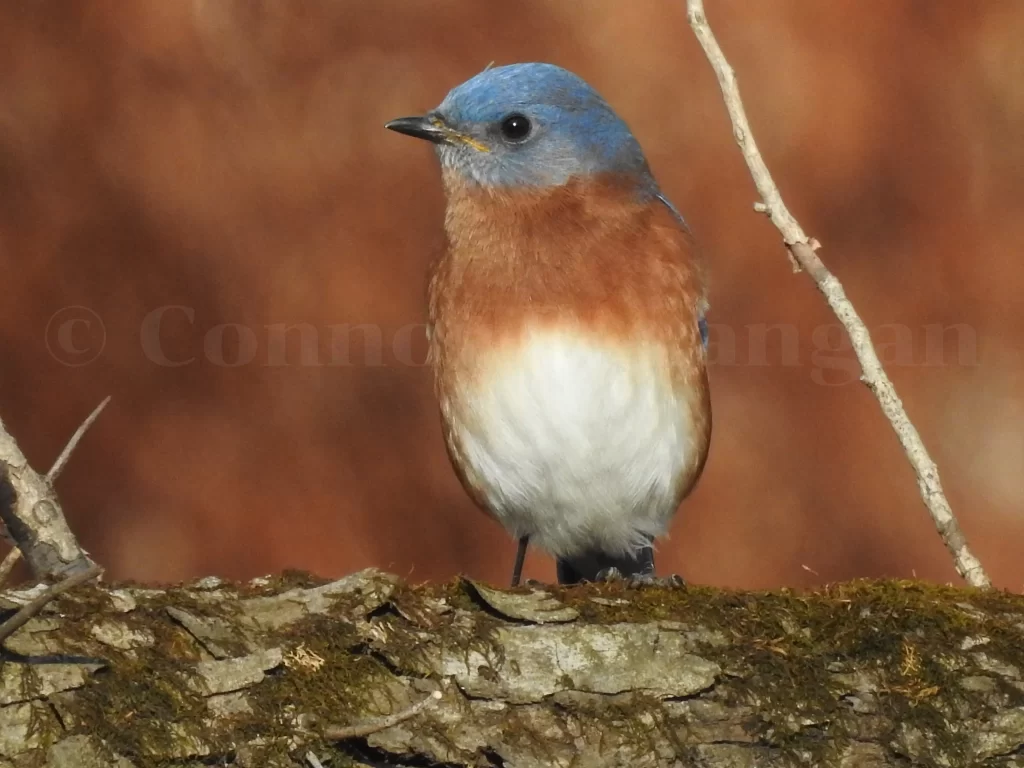
Do Bluebirds Eat Japanese Beetles?
Japanese beetles are an invasive insect in North America and many who have them in their yards loathe their presence. Those who have both Japanese beetles and bluebirds in their yards may ask, “What do bluebirds eat – do bluebirds eat Japanese beetles?”.
Yes, bluebirds will occasionally consume Japanese beetles! However, don’t expect bluebirds to make much of a dent in the Japanese beetles in your yard. Alas, it is fairly uncommon for bluebirds to eat creatures like Japanese beetles. Instead, expect them to prefer crickets, grasshoppers, caterpillars, and other ground-dwelling insects.
Do Bluebirds Eat Bees?
Bees are beloved by many for their ability to pollinate flowers, fruits, and vegetables. Therefore, many don’t enjoy knowing that some birds eat bees. Are bluebirds one of the birds that devour bees – do bluebirds eat bees?
No, bluebirds do not typically eat bees. Thankfully, bees are too active and agile to be a prey item that bluebirds enjoy eating. Bluebirds instead choose insects that are slower and present easier opportunities for capture.
What Do Bluebirds Eat In The Winter?
Winter can push many birds to the limits, and this season is no more merciful to bluebirds than it is to other birds. So, what do bluebirds eat in the winter?
Well, those who ask, “What do bluebirds eat in winter?” just need to consider the winter diets of American Robins to get an idea. After all, robins and bluebirds are very close relatives, so they tend to eat the same things in winter.
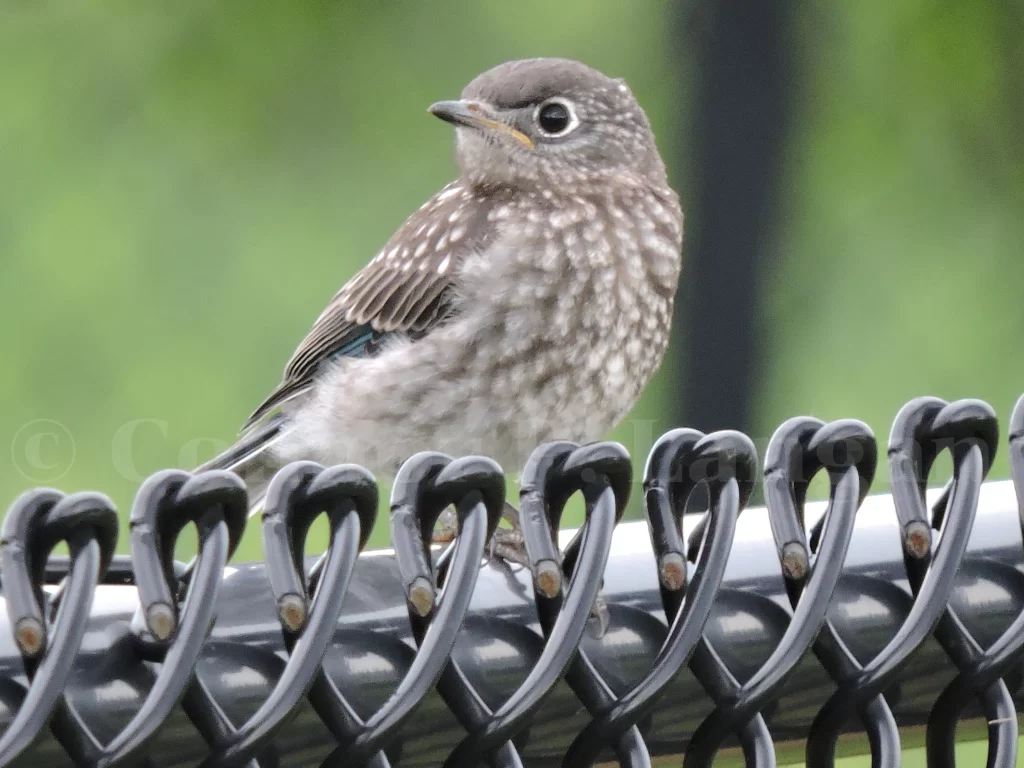
Now, it is important to realize that the winter diets of bluebirds will largely depend on where bluebirds overwinter. Of course, bluebirds in Texas will eat different things than a bluebird wintering in Minnesota. In states that experience winters where temperatures are consistently below freezing, bluebirds will have to rely on almost exclusively fruit, as insects will not be active in such conditions.
In places where temperatures remain warm enough to support some insects, bluebirds will consume these creatures in addition to supplementing their diets with berries.
What Do Baby Bluebirds Eat?
Those who install bluebird houses and expect baby bluebirds will doubtlessly wonder about what bluebirds will be eating when they’re babies. So, what do baby bluebirds eat?
Bluebird babies are fed an exclusive diet of invertebrates by their parents. Bluebird parents specifically target soft-bodied bugs like spiders, caterpillars, and grubs for their babies, as these creatures are easy to digest and process. Feeding babies a protein-rich diet helps them to quickly grow and develop into healthy adults.
